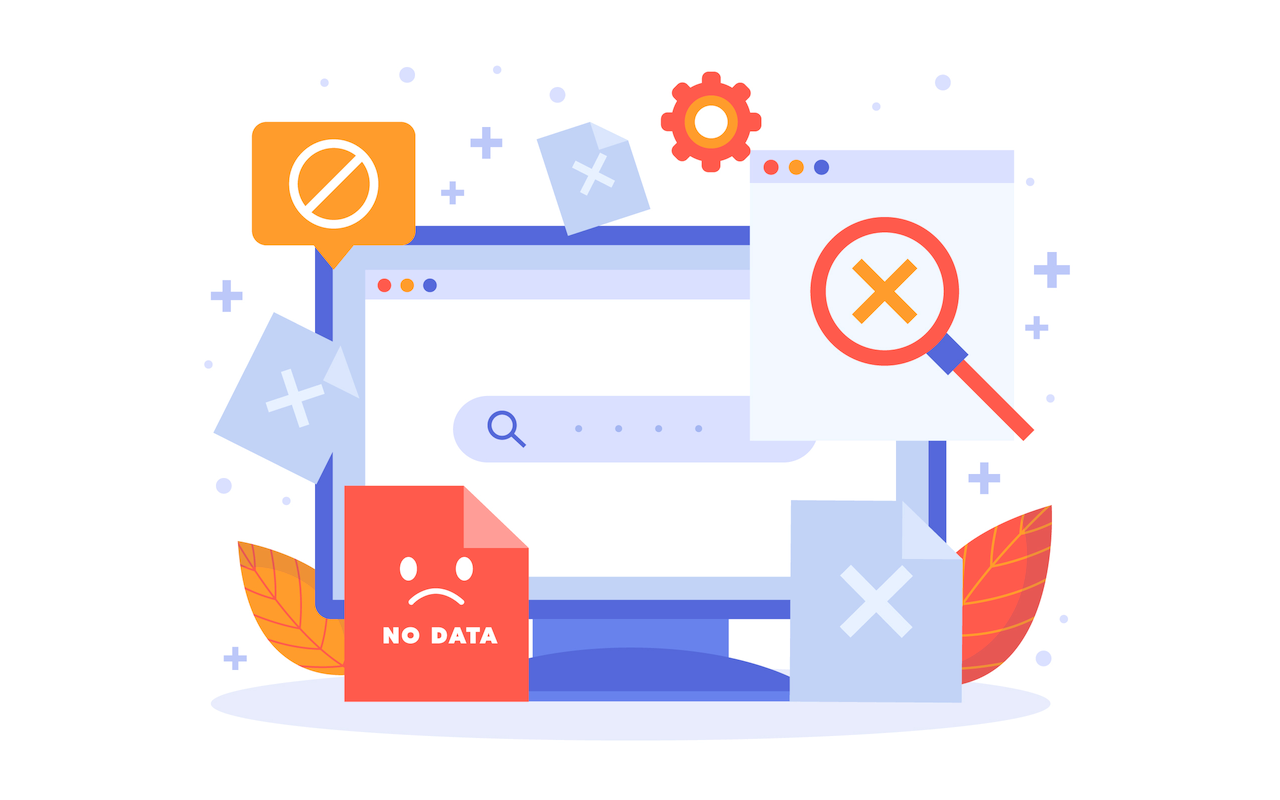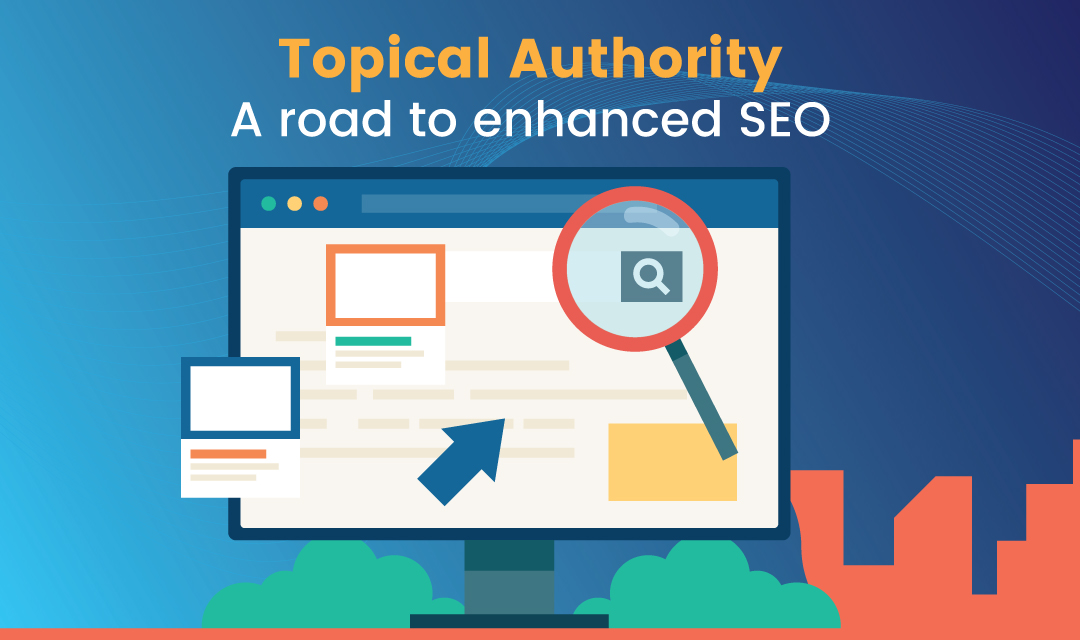You may have the finest website in the world, but it serves no purpose if nobody comes to visit it. So, how can you attract visitors to your website? Many individuals turn to search engines like Google, Bing, and Yahoo as their guiding stars to navigate the vast sea of information. Search Engine Optimization (SEO) serves as the compass, allowing websites and content creators to prominently position themselves in search engine results.
As the World Wide Web continues to evolve, SEO remains a fundamental and ever-changing practice for individuals and businesses aiming to enhance their online visibility. This guide will explore the intricacies of SEO, discussing its importance, key strategies, and best practices.
What is SEO?
SEO is the process of optimizing a website to rank higher in search engine results pages (SERPs) for specific keywords or phrases. When someone enters a query string into a search engine, the search engine uses its algorithms to determine the most relevant and valuable content to display to the user. SEO seeks to make your website one of those results that serves user's search intent.
Why is SEO important?
Whether you own an e-commerce website, a personal blog, or a business site, attracting visitors can be a costly endeavor. However, through the effective use of SEO, you can enhance your online presence, bolster your credibility, and attract high-quality traffic. Search engine optimization is thereby enhancing the overall success of your business. The following are the key benefits of SEO.
- Increased Visibility: The primary objective of SEO is to increase your website's visibility. Ranking higher in search results allows more people to discover your website.
- Organic Traffic: SEO focuses on organic (free) traffic, and users tend to place more trust in high-ranking SERPs than in paid advertisements.
- Cost-Effective Marketing: While SEO requires upfront investment, it provides long-term benefits if you maintain your SEO effort. Unlike paid advertising where traffic stops when your budget runs out, SEO continues to bring organic traffic to your site.
Key SEO Strategies
SEO involves a range of strategies and techniques to improve a website's visibility in search engine results pages (SERPs). These strategies are essential for driving organic (non-paid) traffic to your website. Here are some key SEO strategies:
- Keyword Research: Identifying relevant keywords that your target audience is likely to use in their searches is the foundation of SEO. Tools like Google Keyword Planner and SEMrush can help in this research.
- On-Page Optimization: This involves optimizing the content on your website, including titles, headings, meta descriptions, and image alt text, to align with your chosen keywords. The goal is to make your content both user-friendly and search engine-friendly.
- Quality Content: High-quality, informative, and engaging content is crucial for SEO. Search engines reward websites that provide answers and value to their users. If you're just starting out, you may focus on topical authority to build authority in a specific niche. Regularly update your content and ensure it's well-researched and well-written.
- Mobile Optimization: With more users accessing the web via mobile devices, it's essential to ensure your website is mobile-responsive. Build AMP pages for your mobile traffic, and load your site lightning-fast.
- Link Building: Acquiring high-quality backlinks from reputable websites is a significant factor in SEO. These backlinks act as endorsements for your content, boosting your website's credibility. Since building a quality backlink profile is very time-consuming and difficult, partnering with a white label link building agency may be the way to go in order to secure success. Hiring an expert will also streamline this process, giving you time to focus on other aspects of your SEO strategy.
- Technical SEO: Technical SEO focuses on the technical aspects of a website, such as site speed, crawlability, XML sitemaps, and structured data. Addressing these technical issues can positively impact your search rankings.
- User Experience: An enjoyable and intuitive user experience is essential for SEO. This includes easy navigation, fast loading times, and a mobile-friendly design.
- Local SEO: If you have a physical location, optimize for local search by claiming and optimizing your Google My Business listing, and encouraging customer reviews.
SEO requires upfront investment, and it is an ongoing process. The SEO results may take time to materialize, and it should be taken as a long-term strategy. Regularly review and update your strategies to adapt to changing search engine algorithms and industry trends.
SEO Best Practices
SEO best practices are a set of guidelines and strategies that can help you improve your website's visibility in SERPs. Here are some essential SEO best practices:
- Stay Informed: SEO is constantly evolving, and search engines are updating their algorithms regularly. It's essential to stay informed about these changes and adjust your strategies accordingly.
- Monitor Performance: Use tools like Google Analytics and Google Search Console to monitor your website's performance and track key metrics. This data can help you make informed decisions to improve your SEO efforts.
- Be Patient: SEO results take time to materialize. Avoid the temptation to engage in "black hat" SEO techniques, as they can lead to penalties from search engines.
- Focus on User Intent: Understand what users are looking for and tailor your content to meet their needs. Providing valuable information is key to retaining visitors and encouraging them to return.
- Utilize Social Media: Promote your content on social media platforms to increase its visibility and drive traffic back to your website.
Conclusion
With ever growing web teeming with content and competition, SEO is the compass that can help you guide users to your digital doorstep. Understanding SEO, implementing key strategies, and adhering to best practices can significantly improve your website's visibility and overall online success. SEO is an ongoing effort, requiring continuous adaptation and optimization to stay ahead in the ever-evolving world of search engines.
Dec 04
2025

AI tools can draft at the speed of thought, which is why your
competitors can publish more than ever. The catch is that mass-produced
text without real value is now more likely to be filtered out by ranking
systems tuned specifically to reduce low-quality, unoriginal pages.
That is why AI-generated content SEO only works when the copy is
genuinely helpful, well-structured, and aligned with search intent,
rather than padded to hit a word count or stuffed with shallow takes
that send readers back to the results.
Oct 28
2025

When people visit a website—whether to browse homes, shop online, or
learn about a service—their experience determines whether they stay or
leave. A great design means little if the page loads slowly or feels
confusing to navigate. In today’s fast-paced digital world, every second
counts. Slow pages and poor layouts frustrate visitors, often causing
them to leave before exploring what a business offers.
Oct 27
2025

It’s one of the most frustrating problems in SEO: you publish a
brilliant piece of content and it gets stuck in limbo. It’s live, it’s
valuable, but to Google, it might as well not exist. This indexing delay
isn't just a technical hiccup; it's a direct hit to your bottom line,
stalling your ROI and giving competitors a chance to capture market
share that should be yours.
Oct 21
2025

Let’s face it—we’ve lived in the world of traffic and SERP dominance for
way too long. Today, we’re stepping into a new era, and zero-click
searches are one of its main characteristics.
Oct 03
2025

The expired domain market hasn’t cooled off; it’s gotten sharper. SEOs are catching on to the long-term edge these domains can bring, so the whole space feels more refined than it used to. Unlike in previous years, where raw authority was the primary draw, 2025 has ushered in a more nuanced view of what makes an expired domain valuable.










